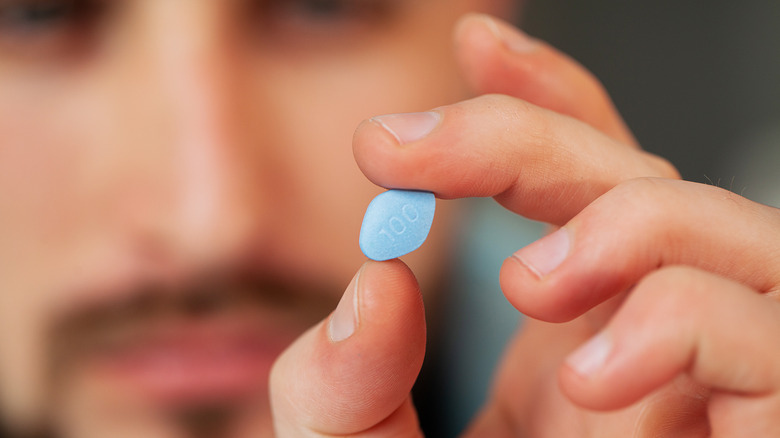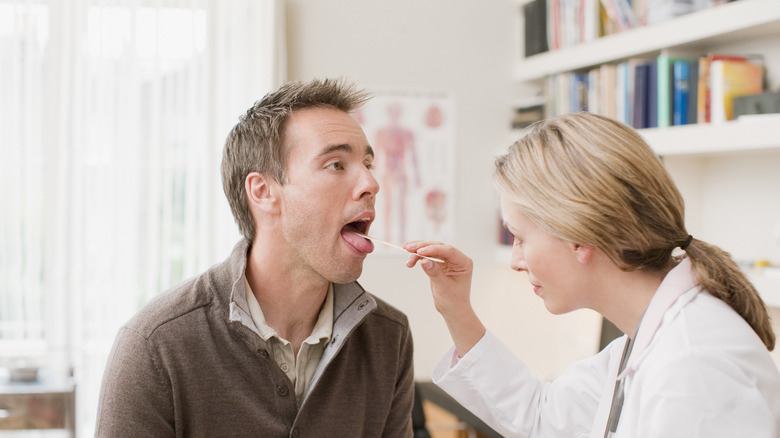What Is Adderall Tongue And Can It Be Prevented?
Attention deficit/hyperactivity disorder, or ADHD, is a widespread neurodevelopmental disorder that is usually detected and diagnosed in childhood. However, adults can be diagnosed with ADHD. Treatments often include behavioral therapy and medication, and one of the most commonly prescribed medications is called Adderall.
Adderall was approved by the United States Food and Drug Administration (FDA) in 1996. Notably, it is only available by prescription, so you will need to talk to your doctor about getting a prescription for it. Adderall (or generic name dextroamphetamine — amphetamine), is a combination of nervous system stimulants. The drug can make changes in the brain that help the user pay more attention, improve their ability to remain focused and stay organized, during tasks, boost their listening capabilities, and even help manage their behavioral issues.
Adderall is supposed to be taken by mouth daily, as many as 3 times. Most people start the day by taking a pill, and if the doctor recommends more, the following pills are taken 4 to 6 hours apart. While Adderall can help treat ADHD, it does have some side effects. For example, if you take it too late at night, it can cause insomnia. It can even be addictive. One notable side effect is called Adderall tongue. Here's everything you need to know.
Adderall tongue: signs, causes, and treatments
According to Bedrock Recovery Center, Adderall tongue is a set of symptoms that are associated with adverse side effects from using the medication Adderall. You may experience Adderall tongue if you notice that your tongue starts to swell, your mouth develops ulcers, or you start to produce more saliva than normal. One of the main sources of Adderall tongue is the actual drugs used in the medication, which can cause you to have a dry mouth. Plus, the stimulants may promote tongue biting, which is another contributor to Adderall tongue.
Luckily, there are some steps you can take to treat and even prevent these symptoms. For starters, do your best to avoid consuming products with any alcohol, caffeine, or tobacco, since they can contribute to drying out the mouth. Also, remember to drink a lot of water. Staying hydrated can help keep your mouth healthy. Finally, there are gels, lozenges, and sprays available over-the-counter to help you reduce dry mouth by making artificial saliva.


